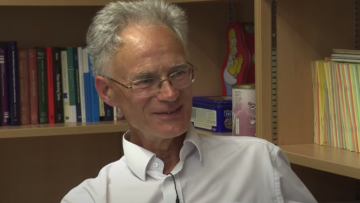Oxford Mathematician Roger Heath-Brown has been been appointed Officer of the Order of the British Empire (OBE) for services to Mathematics and Mathematical Research in the 2024 New Year Honours List.
Roger Heath-Brown is one of the foremost analytic number theorists of his generation. His important works on prime numbers and related topics include, among many others:


